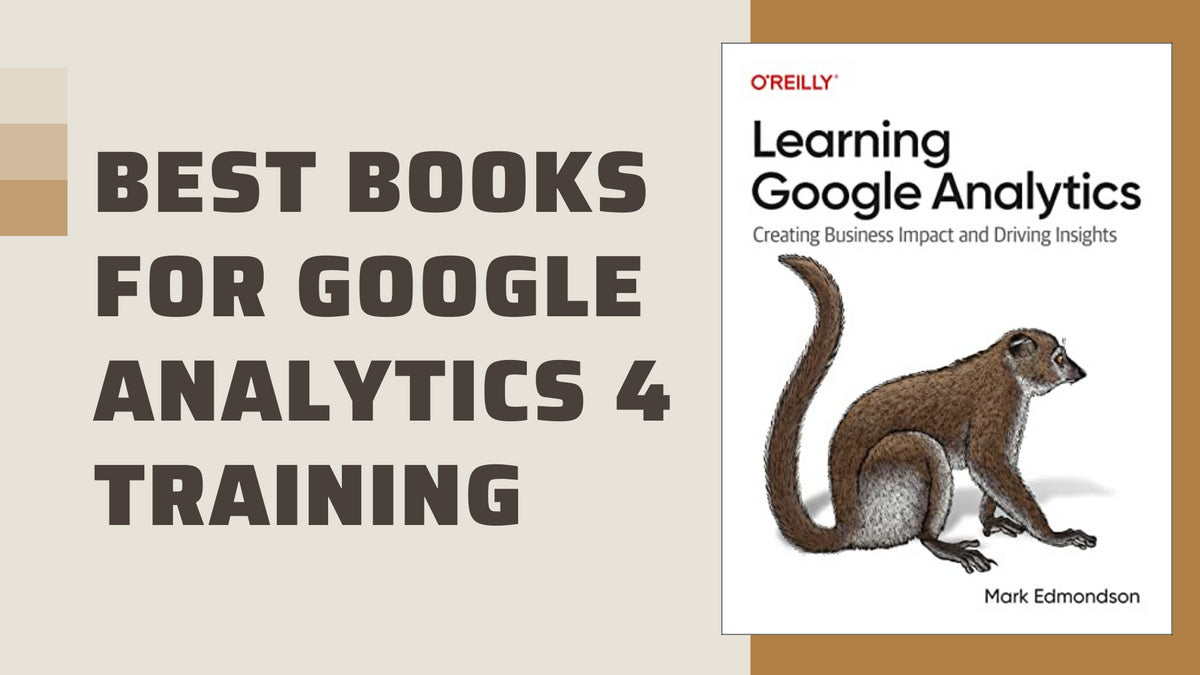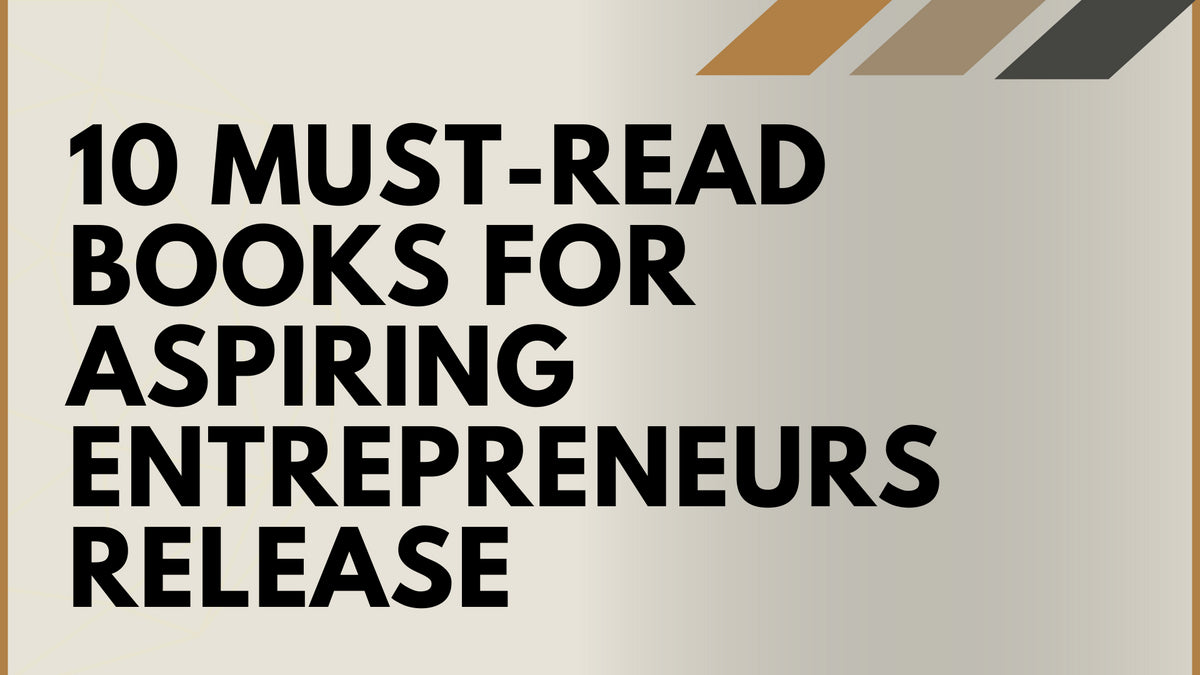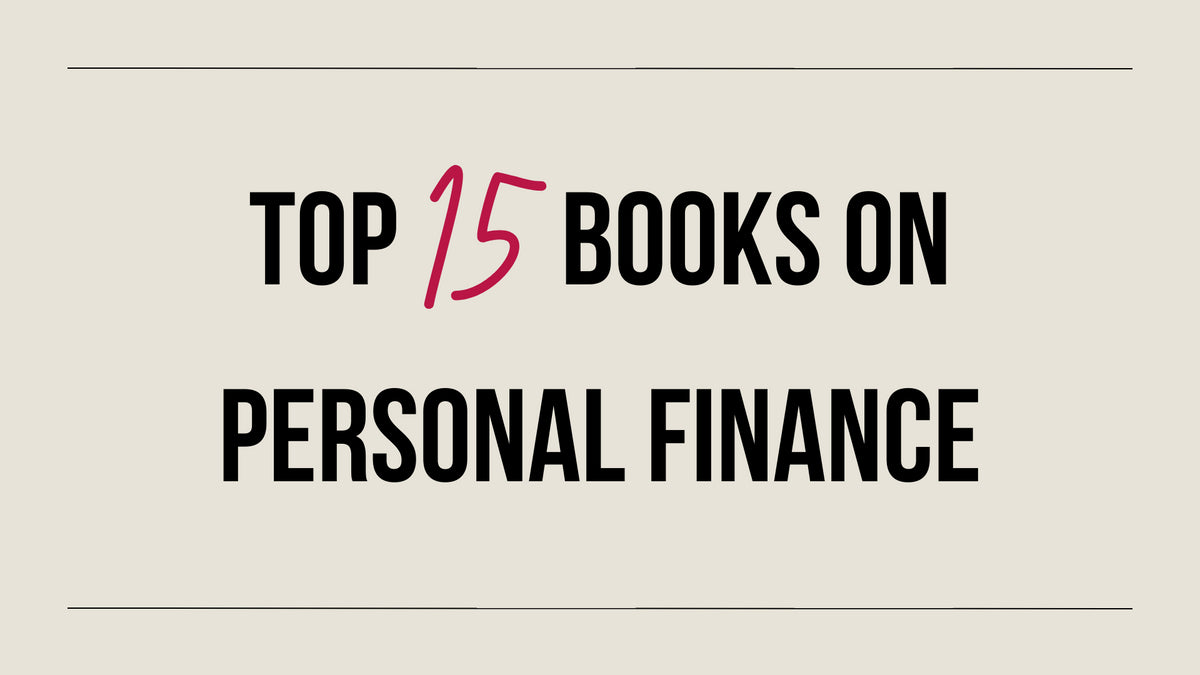Your Cart is Empty
Ego is the Enemy Book Summary: Behavior Secrets To Succeed
Listen To This Article
When Ego Is Good Vs Bad
A person’s ego can get in the way of success in many ways. It can interfere with decision-making, creativity, identifying opportunities, recognizing people who are not working in your best interests and cause other damages. Those who maintain stoicism rather than arrogance will succeed through adversity while pursuing aspirations and enter an endless loop of success, new aspirations and ambitions and more success. It all comes down to controlling the ego.
Learn How Behavior Impacts Success
The book Ego is the Enemy is an interesting reading experience that tackles a topic many people avoid – the impact of ego on success throughout a lifetime. Some of the things you will learn from the author Ryan Holiday include:- There is a human tendency to believe the world revolves around us
- The three phases people experience over a lifetime: aspire, success, failure
- Importance of living with purpose which leads to the pursuit of critical work, rather than passion which drives a constant search for gratification
- Showing restraint in the face of adversity is important to success
- Stoicism is a state of mind that helps people maintain humility and talk and think less and do more to directly face a struggle
- You should think big but act and live small
- Always be a student who constantly learns to overcome complacency and avoid becoming overconfident
- Being a team player means respecting the work of others and trusting they can do the job correctly
- What the canvas strategy is about which involves helping yourself by helping others
- Importance of developing a clear sense of personal space and who you are competing with
- Failure happens, but recognize that a sincere effort is all you can do and let go of the failure
- Failure should trigger a new aspiration and cycle of effort

Featured In This Review
Ego Is The Enemy
$14.74
Read how ego management is the key to finding the best ideas and making better decisions. Free yourself from the glass ceiling your ego keeps in.
SHOP NOWEgo is the Enemy Book Summary
A person’s ego has a lot to do with how a person lives their life and responds to others. It can determine success or failure because the ego is often manifested as an unhealthy belief in self-importance. It can lead to arrogance and self-centered ambition and a sense of superiority. The ego usually leads to a distortion of reality and becomes the root of most problems and obstacles, even though people never realize it is the ego undermining efforts. There is a human tendency to believe the world revolves around us, and that tendency interferes with the ability to live a desired life. When the book The No Asshole Rule speaks bluntly about the inner jerk, it is really talking about the ego exerting its negative influence.

In this book, Ryan Holiday explores the role the ego plays in success and failure, carefully explaining how it influences thoughts, reactions to other people, behaviors and perspectives on effort and results. The basic premise is that you should not let the ego rule and instead need to learn and use restraint. Stoicism produces thoughtful responses, propels positive action, enables resisting people who are “enemies” and drives the right response to failure. When the ego does not get in the way, life can become a cycle of aspiration, effort, success or failure, new aspiration, effort and so on in a continuous cycle. Out of this cycle will come periodic successes. Dale Carnegie’s wildly popular and timeless book, How to Win Friends & Influence People, must have had the active ego in mind when it addressed ways to change people without creating resentment.
Want to buy a book review like this?
Click here to learn how to get your book reviewed!
Author Holiday divided his book into three sections which are aspire, success and failure. Each section offers a new perspective on the advantages of keeping the ego in check and following a stoic life philosophy.

In the aspire section, you learn that ego makes people inject themselves into conversations they should stay out of. They do not learn anything because they are too busy pretending knowledge. Holiday’s ideas are very similar to the insights shared in the book WORK RULES!. Great managers learn from their best employees and try to hire people who are smarter than them. This would not happen if the manager’s ego is the guiding force. Pride, a focus on helping yourself instead of others and using passion as a cover-up for weakness, is a sign of ego.
The author proposes that people need to be silent and learn, conduct self-assessments, develop purpose and realism instead of passion, help others as a path to personal success and take action (work, work, work). Too many people fall in love with the image of success – military stars earned, job title, college attended, parking space location, size of the paycheck or the number of fans on a social media account. These are all deceptive appearances that are meant to impress others.
Holiday dives into success in the second section. In this section, the reader learns the importance of always being a student. As a student, you are continually learning and challenging deeply held assumptions without defensiveness. The book Winning Through Intimidation discusses the issue of defensiveness as a response to an unwillingness to accept reality. Refusing to suspend defensiveness is sometimes due to ego and a barrier to learning. Success depends on identifying who you are competing with, playing as a team member and remaining humble. You must be able to recognize and accept life’s realities because that is how you stay grounded.

Everyone experiences failure more than once in life, and the third section of the book focuses on the right response. Failure is a success, in fact, when you know you made your best effort. People let others define failure for them, and that is where the ego takes over. It is important to let go of failure, recognize that the work done is more important than recognition and rewards and use the failure as an opportunity to develop a new aspiration to pursue through work or effort. The one thing that can turn the next steps after failure into more failure is ego. Pushing through failure means using strengths rather than ego. The book, What I Learned Losing a Million Dollars, can add some more insights into failure due to psychological factors that lead to bad decision-making.
To illustrate his points, Holiday offers a number of real-world examples of famous people who could have been even more successful without ego and people and teams who achieved success because they overcame the barrier the ego creates. It is easy to imagine that a person able to keep the ego in check has what the book The Happiness Advantage calls a “positive brain” which leads to greater success in life and work.
Was General William Tecumseh Sherman successful because he was able to balance talent, ambition and intensity by controlling his ego and never feeling entitled to the honors he received? Kirk Hammett was immensely successful after joining the band Metallica but realized he was not as good as he wanted to be. So despite joining a dream music group as a professional, he became a student by hiring a guitar teacher. These are the scenarios that connect the information in the book to everyday life and events.

Much of the advice in this book is practical and a reminder that, as humans, we can get caught up in our own egos without even realizing what is happening. Ego displays itself in various ways that may not be readily apparent. People blame others for their failures, meaning nothing is learned. They do not understand that the ego is working as a barrier to success. In the book Influence, the universal principles of influence and using them to persuade others includes taking a stand and working to behave consistently with that stand to justify decisions. If ego is the key factor determining the stand taken, success is not likely.
One of the important messages is that the battle against ego in every stage of aspiration, success and failure never ends. Your ego does not suddenly disappear for the rest of your life just because you got it out of the way during a particular set of circumstances. This is a realistic perspective on ego and the unrelenting effort it takes to keep the ego under control. It is a perspective that applies to everyone.
About The Author Ryan Holiday
Born in Sacramento, California in 1987, Ryan Holiday attended the University of California, Riverside from 2005-2008. In 2009, he apprenticed under Robert Greene, author of the “48 Laws of Power.” Holiday built a successful marketing career at American Apparel as the Director of Marketing from 2008-2014. He started an agency in 2012 called Brass Check, a creative advisory firm that specializes in working with authors, media companies and startups.
Holiday is a prolific author who has written 10 best-selling books and developed the Stoic courses. In 2013 he published Trust Me, I’m Lying: Confessions of a Media Manipulator. In 2013 (updated 2014 and 2018), the book Growth Hacker Marketing: A Primer on the Future of PR, Marketing and Advertising was published. The 2014 book, The Obstacle is the Way: The Timeless Art of Turning Trials into Triumph, was translated into 17 languages and sold more than 100,000 copies worldwide. In 2016, Holiday published The Daily Stoic and the Ego is the Enemy. The year 2017 saw the publishing of the book Perennial Seller: The Art of Making and Marketing Work that Lasts. In 2018, the book Conspiracy: Peter Thiel, Hulk Hogan, Gawker, and the Anatomy of Intrigue was published, followed by Stillness Is the Key in 2019 and Lives of the Stoics in 2020.
Holiday maintains a blog focused on strategy and life and has posted links to his many articles on his website. Ryan Holiday is a sought after speaker who has been invited to present by prestigious companies like Google, HSBC, LinkedIn, True Value Hardware and many others.
Want to buy a book review like this?
Click here to learn how to get your book reviewed!
Leave a comment
Comments will be approved before showing up.
Also in Books

The Best Books for Google Analytics 4 (GA4) Training
Unlock the secrets of Google Analytics 4 with our curated list of the best GA4 training books for 2023! Dive deep into actionable insights, master advanced techniques, and lead the digital analytics revolution. Don't get left behind; discover the ultimate resources to dominate GA4. Click now to elevate your skills!
Read More
10 Must-Read Books for Aspiring Entrepreneurs
Do you dream of starting your own business? If so, you need to read this article! We've compiled a list of 10 must-read books for aspiring entrepreneurs. These books will provide you with the knowledge and inspiration you need to turn your dream into a reality. Click here to read the article and learn more!
Read More
Top 15 Books on Personal Finance
Are you looking for a safe and informative place to learn about personal finance? If so, you've come to the right place! This article discusses the top 15 personal finance books on the market, all of which are sure to help you improve your financial situation without any explicit sexual descriptions or that is sexually suggestive in nature or is primarily intended to cause arousal.
Read More